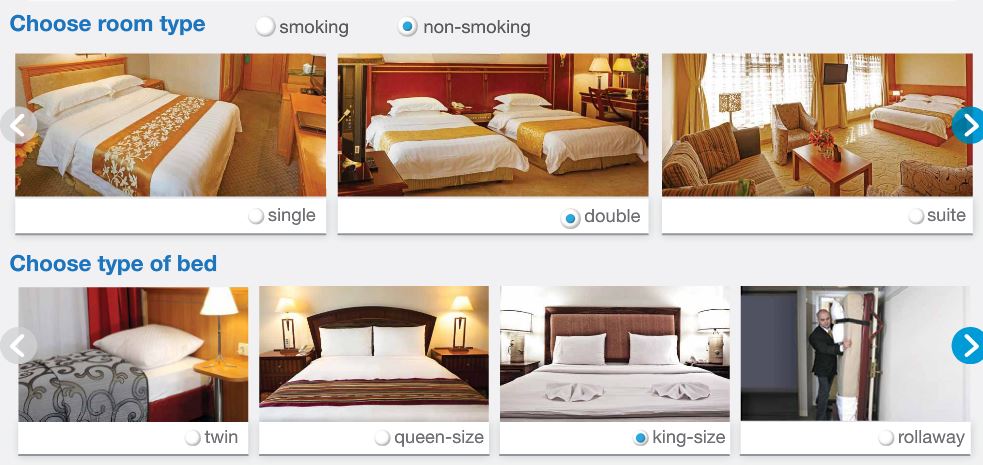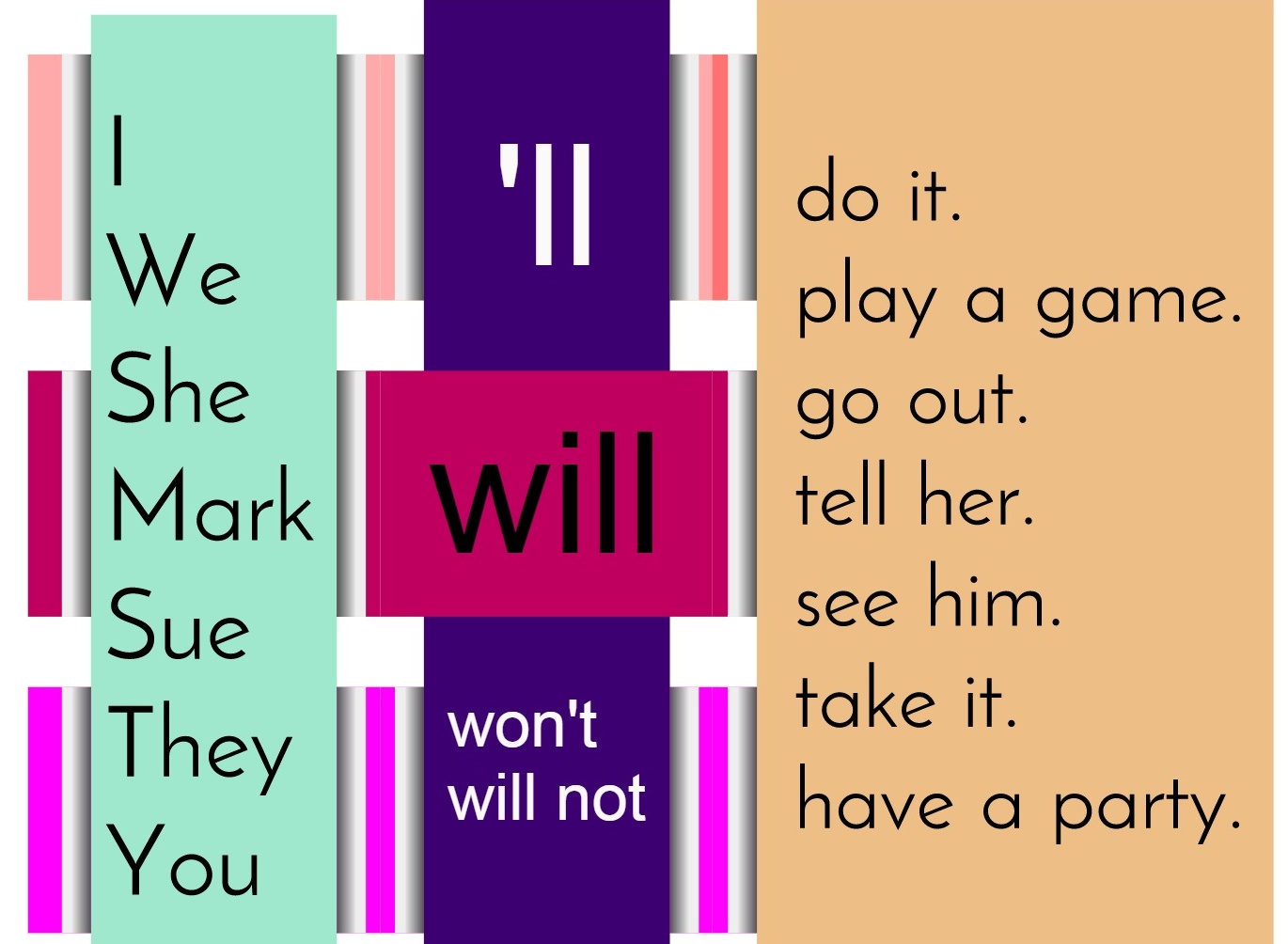UNIT 3- STAYING IN HOTELS
VOCABULARY.
he future with will is a simple way to talk about what will happen in the future. It is formed by using the modal verb will and the base form of the verb. For example, you can say "I will go to the store" or "She will not come to the party."
Here are some examples of how to use the future with will:
To make predictions about the future:
- The sun will rise tomorrow.
- The population of the Earth will continue to grow.
- Technology will continue to advance.
To talk about decisions that have already been made:
- I will go to the beach tomorrow.
- She will not go to the party.
- They will eat dinner at 7:00.
To make promises or offers:
- I will help you with your homework.
- Will you pick me up at the airport?
- I will buy you dinner.
Here are some examples of how to use won't:
To make negative predictions about the future:
- It won't rain tomorrow.
- The population of the Earth will not continue to grow forever.
- Technology will not solve all of the world's problems.
To talk about plans that have been canceled:
- I won't go to the store today.
- She won't come to the party after all.
- They won't eat dinner at 7:00.
To refuse requests or offers:
- I won't help you with your homework.
- No, thanks, I won't have a drink.
- I won't go out with you tonight.
The future with will is a versatile tool that can be used to talk about a wide range of topics. It is a simple and straightforward way to make predictions, talk about plans, and make promises.
- If it rains, the ground gets wet. (factual)
- If you study hard, you will pass the exam. (future)
- If I have time, I will go to the gym.
- If you don't hurry, you will miss the train.
- What will you do if you win the lottery?
- If she comes to the party, I will be happy.
- If I finish my work early, I can go to the movies.
- If it's sunny tomorrow, we may go to the beach.
- If you're hungry, you might want to grab a snack.





Comentarios
Publicar un comentario